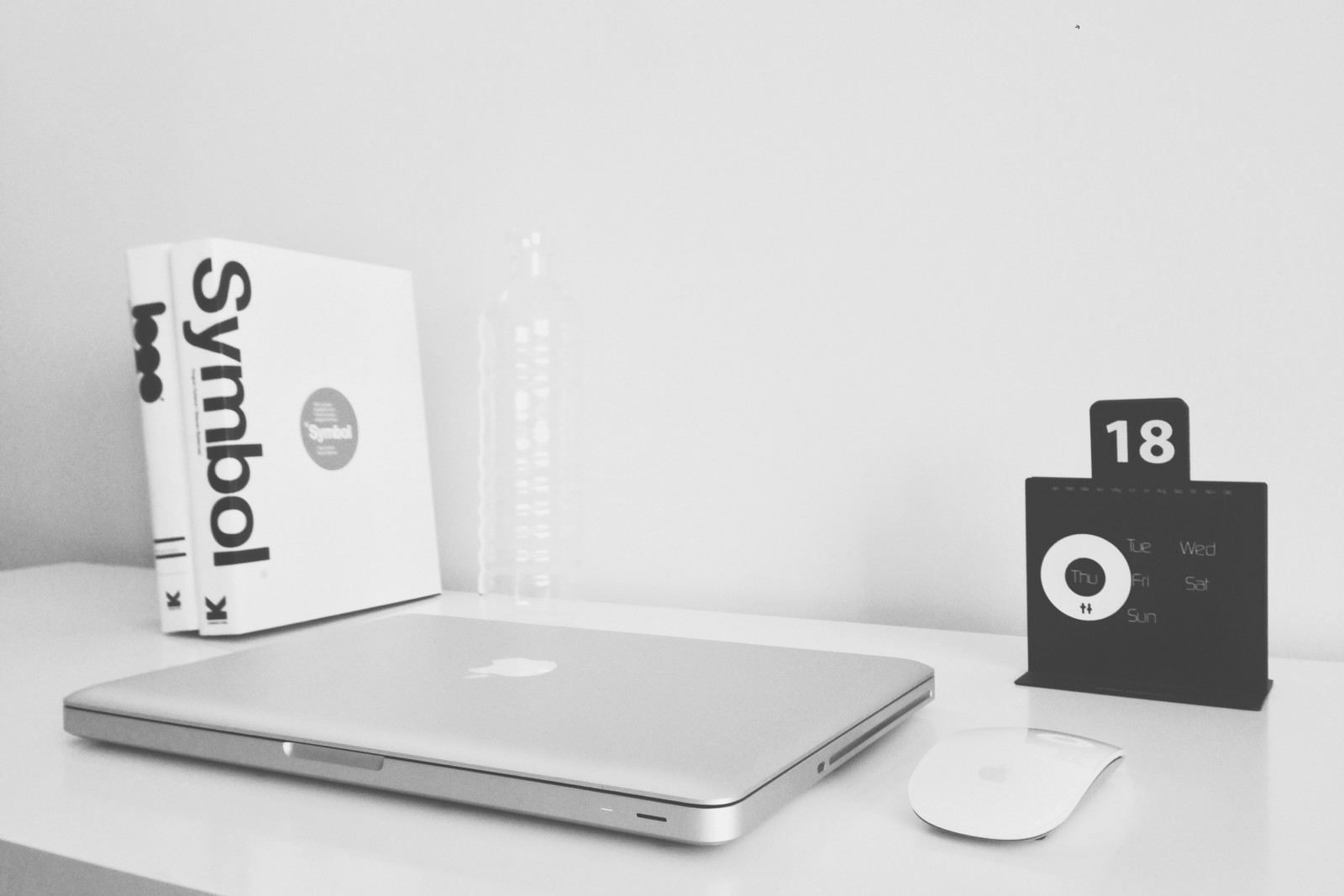There are several different types of interview:
- Telephone
- Video
- Face-to-face
- Group
- Panel
- Assessment centres
There are several different types of interview:
Generally, you should do the following when preparing for interview:
Choose your outfit the night before, getting plenty of sleep and avoiding excessive alcohol consumption. Plan your journey, aiming to arrive ten minutes early. Completing a ‘dry run’, if possible, also combats nerves. On the day, eat a good, healthy breakfast and avoid too much caffeine.
Rise to the top of the job pile with a professionally written CV and a free CV review from The CV Centre.
Nerves can make you forget to do things as simple as listening. This can result in you being thought of as unfriendly or inattentive. Some ideas for combating nerves include:
Your university careers and employability service is likely to provide practice job interview sessions. Alternatively, you could:
Explore more about planning your answers to common interview questions
Prepare for The “What’s Your Weakness?” Question
Most people overthink this question and give a canned answer like “I’m too much of a perfectionist!” Others give a genuine answer but still fall short of what this question is really asking. It’s not about admitting your weaknesses. It’s about showing how you overcome them. What systems have you put in place? What progress have you made? Include those thoughts to strengthen your answer.
Example:
Brainstorm 3 “PAR” Anecdotes
Your interview is as memorable as the stories you share. Many people have fascinating experiences but forget them when they’re on the spot. To remedy this, have three anecdotes ready to plug into your interview. Your anecdotes should follow a simple format:
With this format, you can adapt your PAR anecdotes to fit a variety of questions such as “tell me about a time you worked with a team” or “when have you struggled most?”
Video interviews are increasingly common, especially if you’re applying for overseas jobs. Remember to dress as you would for a face-to-face interview, and check your background before the interview begins. Finally, ensure that your body language is positive; look directly into the camera and make eye contact, as this’ll make you appear calm and confident.
A second interview means that you’ve made it through the initial screening and the interviewer is now looking for evidence of: your value to the organization; your fit in the role, existing team and organization; what separates you from other candidates; and what you can do for them. Generally, you should:
At the end ask Questions That Kill Two Birds With One Stone
At the end of your interview, it’ll be your turn to ask a few questions. This is a perfect opportunity to kill two birds with one stone – that is, asking a genuine question while conveying something new about you. Most people just do the first part and forgo a final chance to impress the interviewer.
Example:
